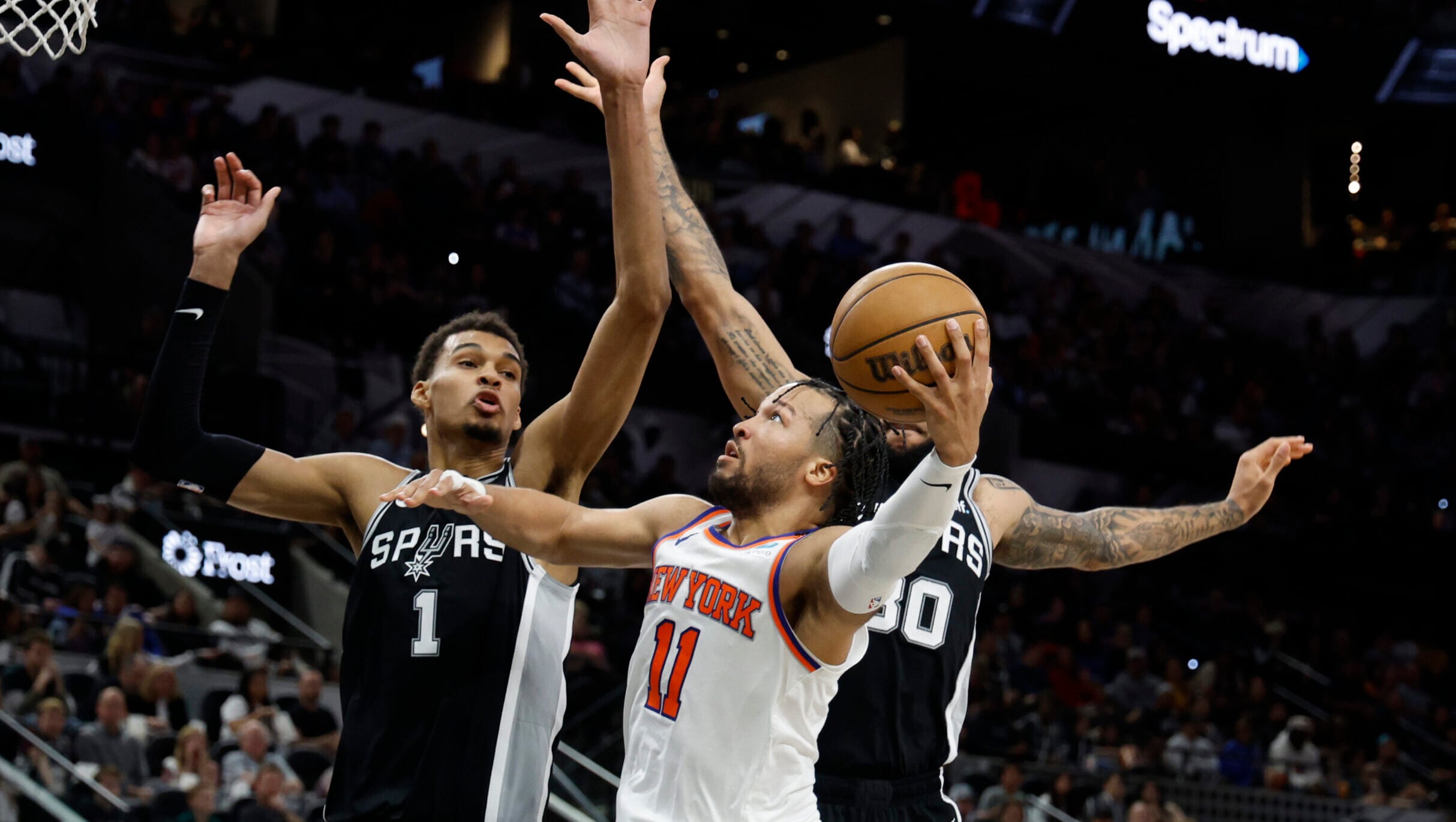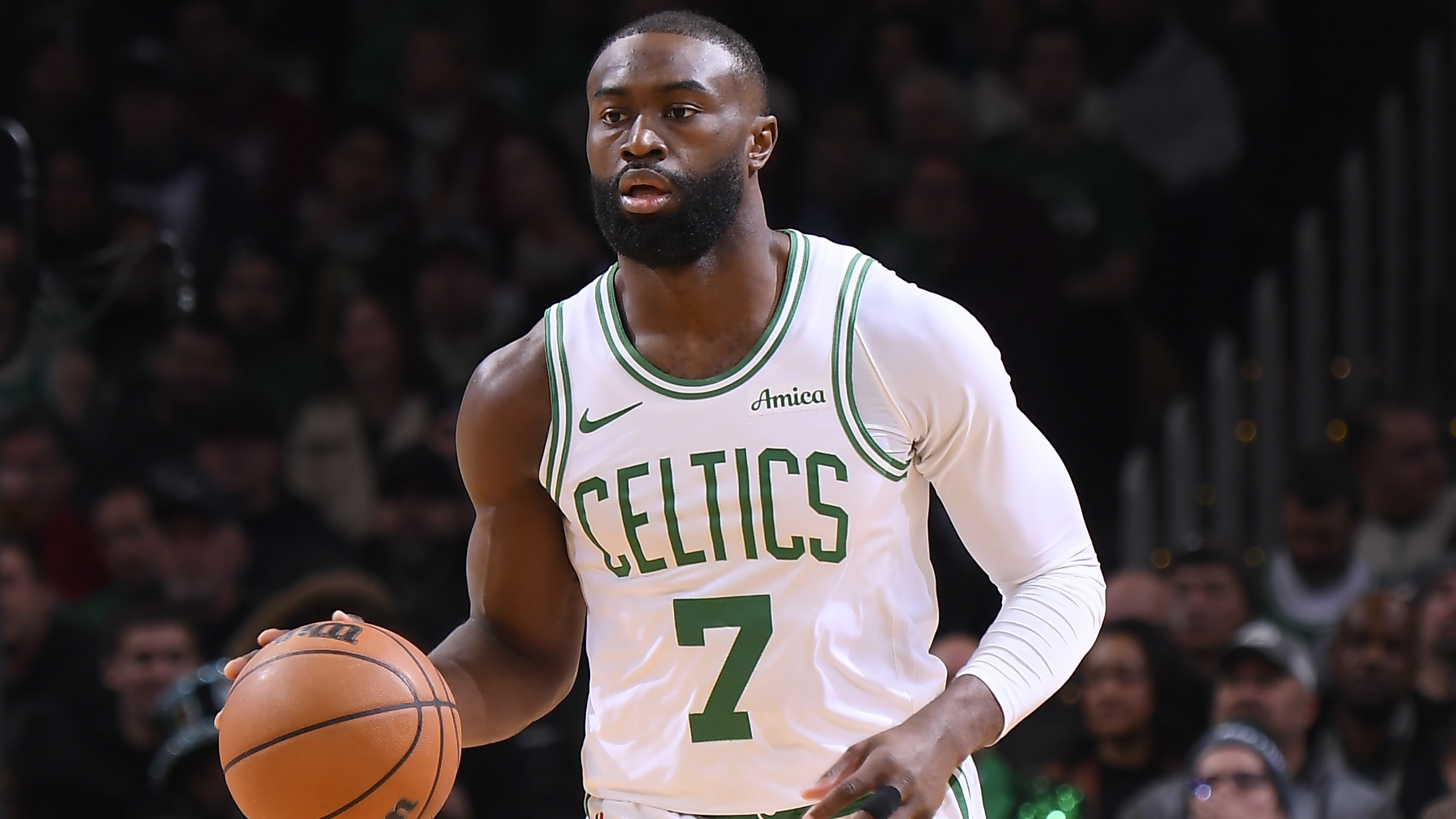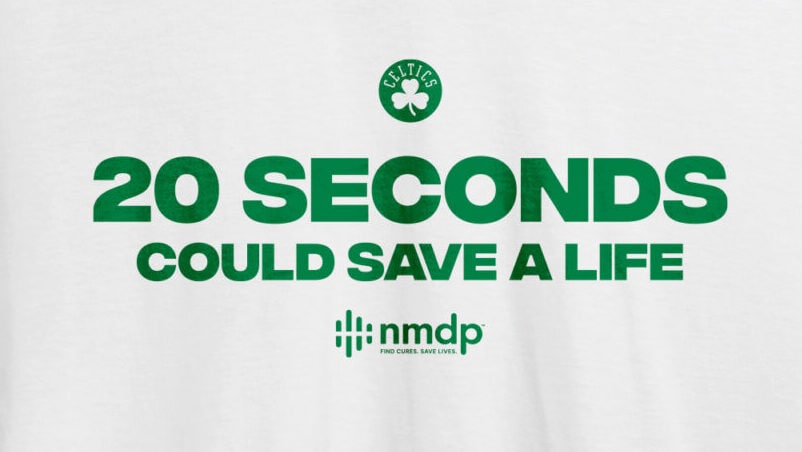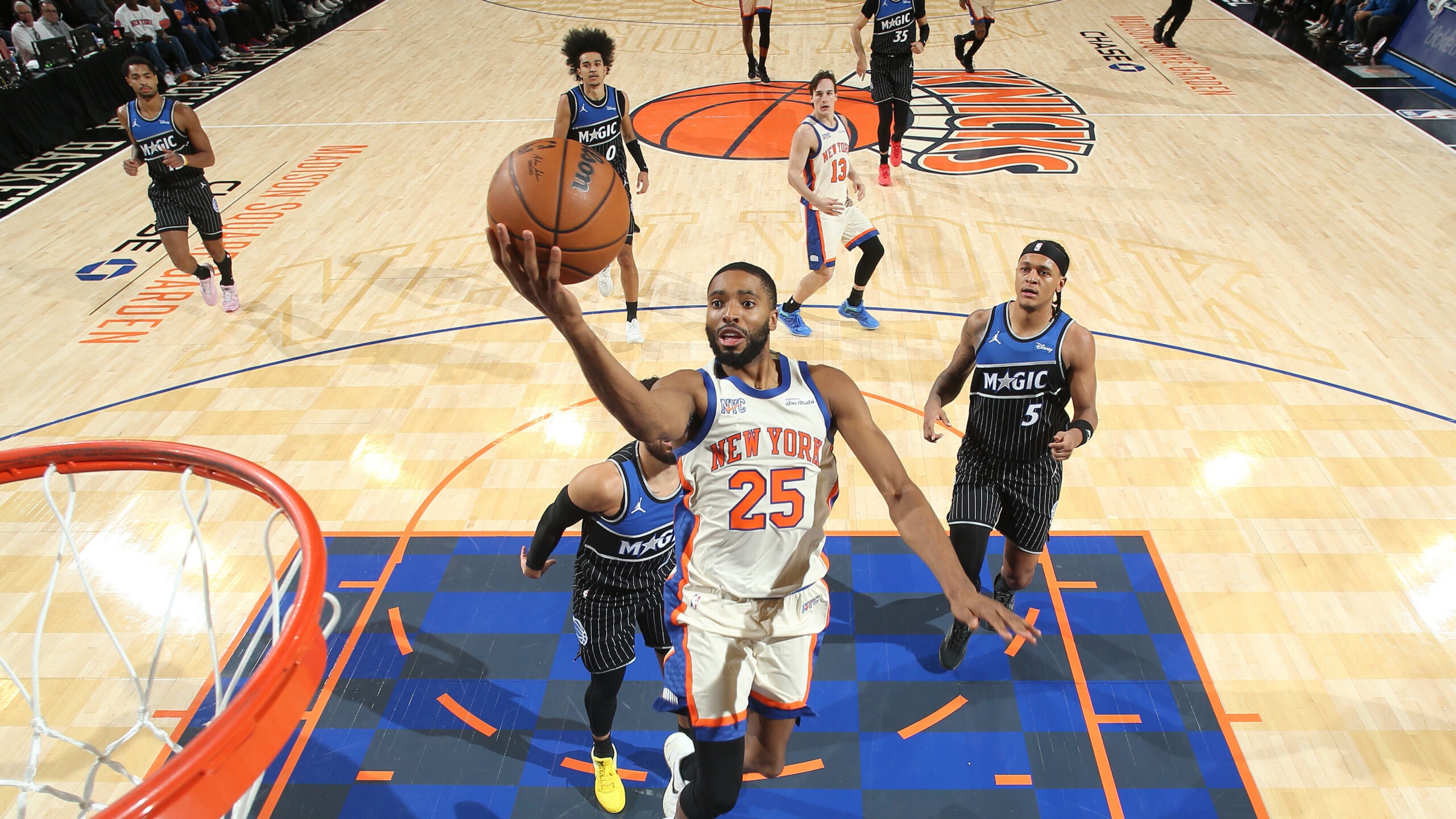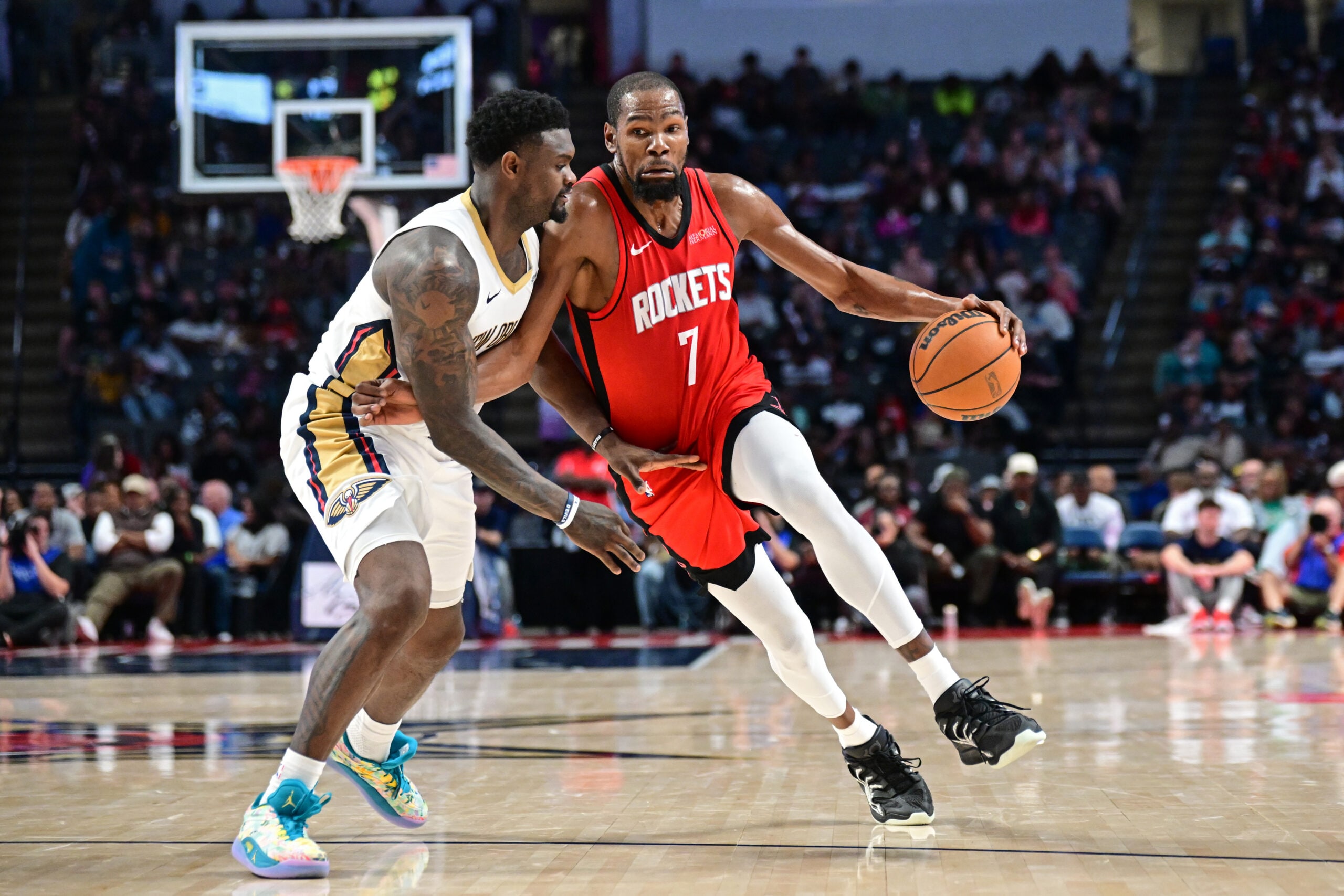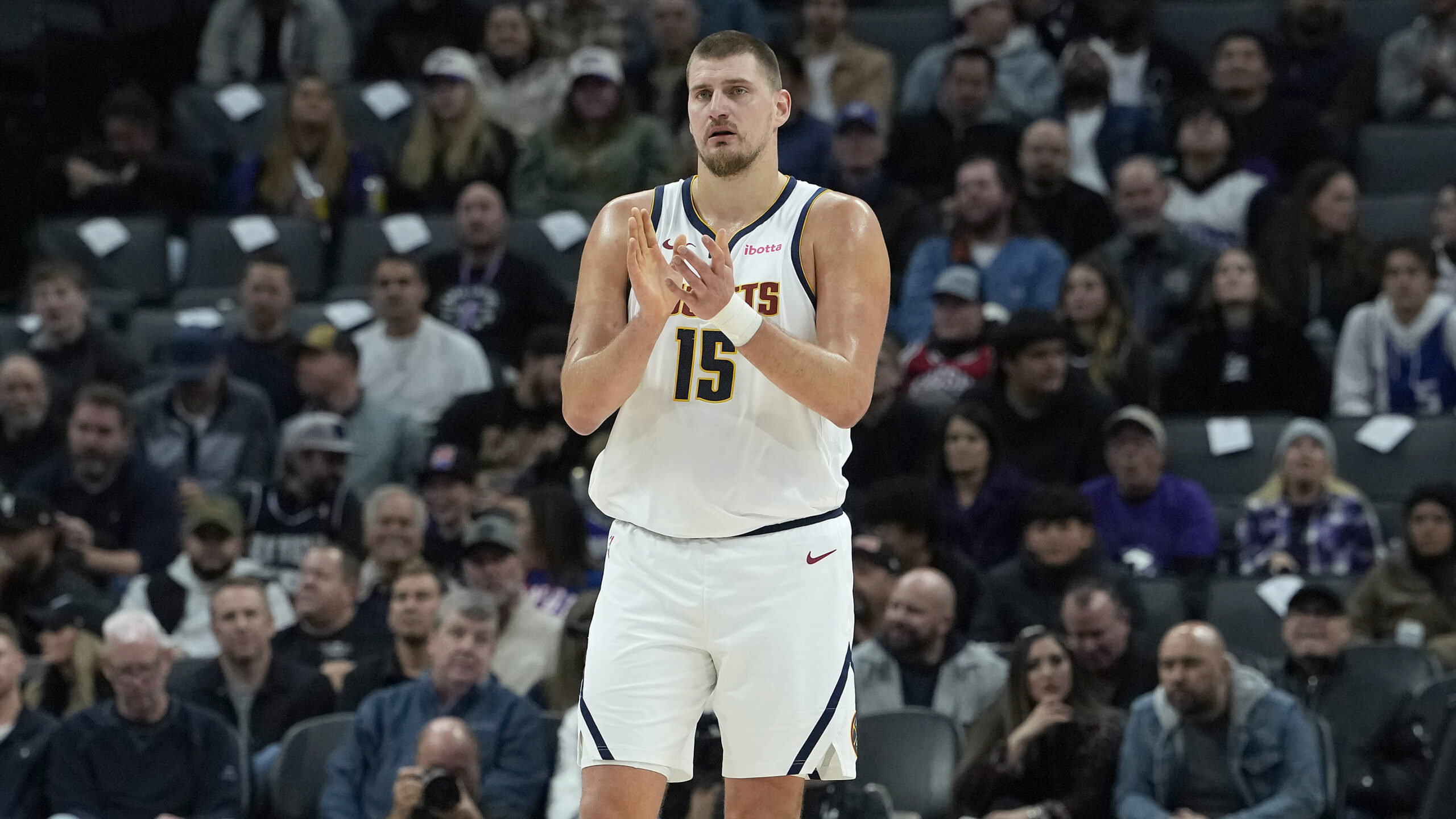
Felipe Eichenberger, the Nuggets’ director of performance and head strength coach, works out reigning Kia MVP Nikola Jokic.
Sometimes other people can see greatness in a person before they can see it in themselves. For Denver Nuggets superstar Nikola Jokic, that person was Felipe Eichenberger.
Eichenberger was recognized Wednesday as the National Basketball Strength & Conditioning Association (NBSCA) Coach of the Year award winner for his contributions to the Nuggets. His work with Jokic in particular, has been extremely noteworthy.
“I am really happy for my brother Felipe, he deserves this recognition and I believe he is the best strength coach in the NBA,” Jokic said. “I truly appreciate everything he has done for me in my career and every day he does everything he can to help me and the rest of my teammates be the best we can be.”
Joe Dolisi, the executive director for NBSCA, said choosing Eichenberger as this year’s award winner was a no brainer.
“They focus on the physical performance of each and every athlete every single day,” Dolisi said. “They focus on injury recovery, injury prevention and making sure each player at the end of the day can perform at their highest level. What Felipe does — not only on the physical side, but also on the mental side — for his athletes is actually extraordinary.”
On travel days, Jokic normally rides with Eichenberger to the airport after practice. After seeing his daily improvement on and off the court, Eichenberger started thinking Jokic could one day be the best player in the league. Getting Jokic to believe this wasn’t just another motivational tool by his strength coach? That took some convincing:
“It was about three years ago, we were in the car and I was talking to him about his routine and basketball and stuff,” Eichenberger said. “He was mad because we had just lost a game and was upset with the way we played. I was like, ‘Brother, sky’s the limit. You’re going to be an MVP in this league one day. Watch.'”
Jokic didn’t exactly agree.
“He was like, ‘That’s not the player I am. I’m the guy from the small city. I’m not going to be MVP.” Eichenberger said. “That sparked something in me and I’m like you’re going to be MVP and he started getting mad at me. I don’t even know why, but now we were like screaming at each other. I thought I was going to have to pull over and tell him to walk to the airport.
“At this point in his career, he was a very good player. I knew he could still take another step.”
Eichenberger was passionate about just how good he thought Jokic was and never stopped speaking it into existence.
“Later, we had a discussion and I followed up with him again at the gym,” Eichenberger said. “I’m like, ‘Dude, you’re going to be MVP.’ And he was like, ‘Stop, just shut up, quit playing.’ I told him on multiple occasions, you have to trust yourself and believe in yourself. You’re that good.”
The 41st pick of the 2014 draft and 1st center to be named NBA MVP in 21 seasons details his unlikely ascent and what fuels his drive to succeed.
Time proved Eichenberger correct. Last year, Jokic, who is from Serbia, became the lowest-drafted player to be crowned Kia Most Valuable Player.
“When he won MVP, he mentioned my name on live TV as the one person who believed he could win the award,” Eichenberger said. “All the hard work he put in paid off. I knew if he did all the things the right way, nobody could hold him back.”
Last year, Jokic’s sixth season in the league, he averaged 26.4 points, 10.9 rebounds, 8.4 assists and 1.3 steals. This season, he is just as dominant, posting 25.3 points, 13.9 rebounds and 7.4 assists per game.
Not bad for the player who used to drink liters of soda pretty much daily before coming to the NBA.
“He’s the most impressive player I’ve ever been around,” Eichenberger said. “I’ve seen him play at the heavy side and people are looking at me as the strength coach like hey he’s heavy, what’s going on? He’s out of shape, but still averaging like 25-10-9.”
Eichenberger, who is from Brazil, has been with the Nuggets for 11 years. He was the assistant strength and conditioning coach for his first six seasons in Denver. Some of the ways Eichenberger changed Jokic’s body included having him lift weights and do conditioning after games. This provided the All-Star more hours to recover. He also changed Jokic’s diet.
“Right after games, I’m like, ‘OK, we’re going to go hard,'” Eichenberger said. “It’s not going to be fun, but he’s like, ‘All right, let’s do it.’ When he puts his mind to something, it’s incredible.”
Although Eichenberger estimates Jokic once lost more than 50 pounds during a 12-month period, the numbers on the scale aren’t how he determines success.

“We work on durability with him right now,” Eichenberger said. “We know he’s a good player. We know he’s an MVP, but now, how can we keep him on the court without him getting injured? We need him playing at his pace. People say he’s not athletic, but there are a lot of athletic people out there who can’t do what he does. He’s lighter and more explosive and we have the data to prove that. He’s just more in shape and more confident.”
And on days when Jokic needs a little extra motivation, Eichenberger keeps a trick up his sleeve.
“There’s one thing that Nikola absolutely loves, his personal shake,” Eichenberger said. “It’s a chocolate and peanut butter shake with high protein and everything that he needs. This dude loves his shake. He will come back to the weight room to get his shake. The deal is, if you don’t workout, you don’t get your shake. He’s like, “I’m so tired, but I need that shake.”




